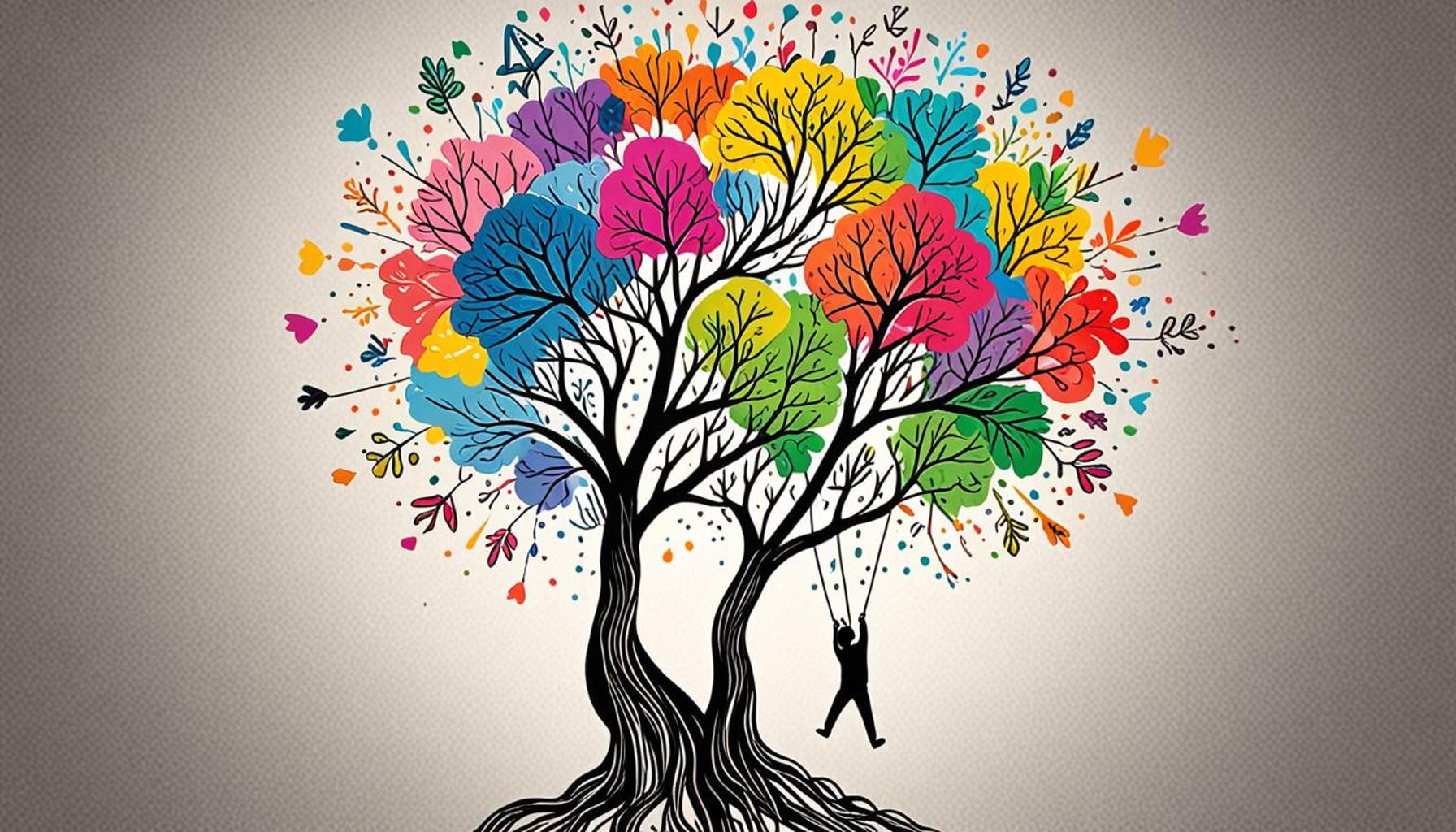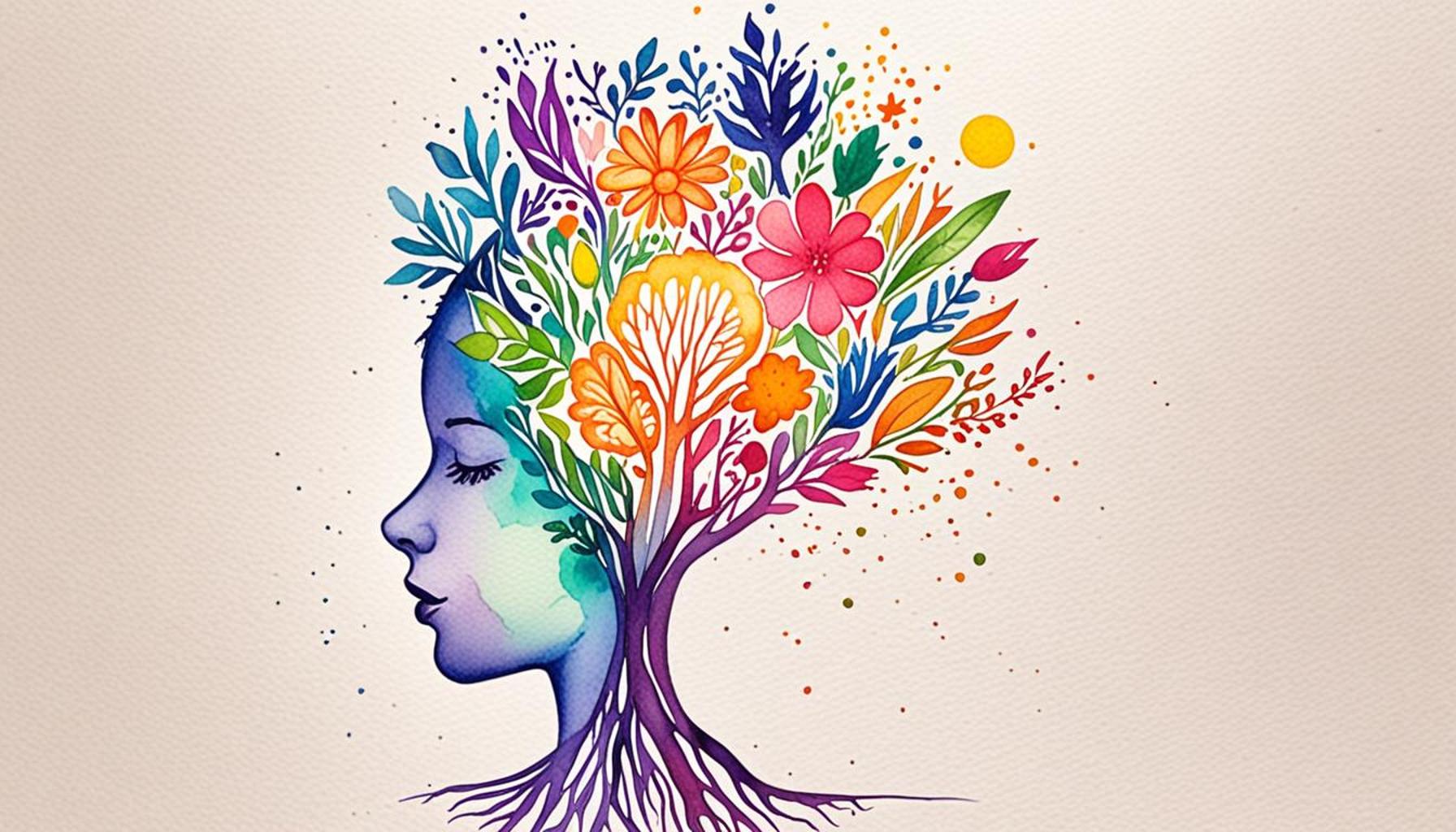Collaborative Learning Techniques: Fostering a Growth Mindset in Groups

Unlocking Potential Through Collaboration
In today’s educational landscape, the emphasis on collaborative learning techniques is reshaping how individuals engage with knowledge. When students work together, they not only share insights but also cultivate resilience and adaptability. This approach is vital for nurturing a growth mindset within groups, encouraging learners to view challenges as opportunities for improvement rather than obstacles.
Collaboration fosters a learning environment that encourages open dialogue and shared experiences. By promoting interaction among students, educational institutions create spaces where creativity can flourish. Here are key features that highlight the importance of collaborative learning:
- Active Participation: Each member brings their unique perspective to the table, enriching the learning process and creating a multimedia tapestry of ideas. For instance, in a classroom discussing renewable energy, one student might contribute insights on solar energy from their local community, while another shares challenges faced in wind energy implementation in another part of Nigeria.
- Peer Feedback: Constructive criticism is a cornerstone of collaborative learning. In working groups, students can test their ideas against the thoughts and evaluations of their peers, earning insights that refine their approaches. This dynamic is especially crucial in Nigeria, where students may come from different educational backgrounds, each with their methodologies that can enhance learning.
- Shared Responsibility: Teamwork promotes accountability, making everyone a stakeholder in the outcomes. When students collaborate on projects, they learn that their contributions matter, fostering a sense of ownership and commitment to the group’s success.
In Nigeria, the need for innovative educational strategies has never been more pressing. Factors such as a rapidly growing population and diverse cultural backgrounds make collaborative techniques ideal for addressing local challenges. These techniques can significantly enhance the educational experience by:
- Encouraging Cultural Exchange: Collaborative learning provides a platform for learners from diverse backgrounds to gain insights into each other’s cultures. This exchange not only enriches academic discussions but also promotes social cohesion and mutual understanding, essential elements in a multicultural society like Nigeria.
- Enhancing Problem-Solving Skills: Group brainstorming sessions often lead to creative solutions that might not surface in individual work. For example, when faced with the pressing issue of food security, students can brainstorm logistical strategies for improving local agriculture by combining knowledge from different fields, such as economics and environmental science.
- Building Networks: Connections made in group settings can lead to future collaborations. These networks can prove invaluable as students transition into the professional realm, where teamwork and collaborative thinking are crucial in various industries.
Exploring these collaborative techniques unlocks not just academic success but also prepares learners to thrive in a dynamic world. Education systems that prioritize collaboration equip students with essential life skills, such as communication, critical thinking, and flexibility. In conclusion, join us as we delve deeper into specific methods that foster a growth mindset within collaborative settings. There lies a wealth of potential in the combined intellects of students, waiting to be harnessed through collaborative learning approaches.
RECOMMENDED: Check out this similar article

Transformative Techniques for Collaborative Success
As the educational landscape continues to evolve, collaborative learning techniques are becoming integral in fostering a healthy growth mindset among students. In Nigeria, where educational institutions are characterized by diverse student populations, embracing collaborative methods can create a significant impact on students’ academic journeys and personal development.
One of the most effective strategies in fostering collaboration is the think-pair-share technique. This method involves students first reflecting individually on a question or problem, then engaging in a pair discussion before sharing their thoughts with the larger group. Such an approach not only encourages independent thinking but also develops vital communication skills. In the bustling classrooms of Nigeria, where students might hold varying perspectives based on their cultural backgrounds, think-pair-share offers an enriching experience that allows students to build upon each other’s ideas.
Another powerful technique is the jigsaw method. In this approach, each student is assigned a specific segment of a topic to become an “expert” on. After researching their portion, they regroup with peers who have tackled the same segment, allowing for deep dives into the material. Following this, the “experts” reunite with their original groups to share knowledge, ensuring every member benefits from the collective insights. This technique promotes individual accountability while reinforcing teamwork and interdependence, particularly vital in a country where education can often be competitive and individualistic.
Moreover, utilizing project-based learning can enhance collaborative efforts. This technique involves students working in groups to investigate complex questions or issues over an extended period. For instance, a group of students might explore the implications of urbanization on local agricultural practices. By researching and presenting their findings collaboratively, students harness critical thinking and problem-solving skills, which are crucial in addressing challenges faced in Nigerian communities. Project-based learning allows students to engage deeply with real-world issues, fostering a sense of belonging and shared purpose.
- Developing Leadership Skills: Collaboration inherently encourages students to step into leadership roles, whether it’s guiding group discussions or coordinating tasks effectively.
- Enhancing Emotional Intelligence: Working in groups allows students to develop empathy by understanding and appreciating their peers’ perspectives, which is crucial in a multicultural society.
- Cultivating Resilience: Collaborative projects often encounter challenges. Learning to navigate and overcome these obstacles as a team fosters a resilient spirit that can be invaluable in future endeavors.
These collaborative learning techniques are more than just methodologies; they are pathways for students to build a growth mindset and thrive in today’s dynamic world. Education that prioritizes such techniques not only enhances academic performance but also equips learners with essential skills necessary for their future careers. As we delve deeper into the myriad approaches tailored to this collaborative framework, we can uncover the rich potential of collective learning experiences that resonate well beyond the classroom.
Exploring the Benefits of Collaborative Learning Techniques
Collaborative learning techniques offer a plethora of advantages that can significantly enhance group dynamics and individual growth. One of the primary benefits is the ability to cultivate a growth mindset among participants. This mindset encourages individuals to embrace challenges, learn from feedback, and persist in the face of setbacks. Studies show that when students engage in collaborative activities, they are more likely to take risks and adopt a learning-oriented attitude.Furthermore, collaborative learning fosters essential skills such as communication, critical thinking, and creativity. As group members share diverse perspectives and work together toward common goals, they learn to appreciate differing viewpoints, enhancing their ability to solve problems collaboratively. This group synergy not only enriches the learning experience but also prepares individuals for real-world challenges where teamwork is essential.Another significant advantage of collaborative learning is its ability to create a supportive learning environment. In groups, learners feel a sense of belonging and reassurance, which can boost their confidence and motivation. The collaborative approach encourages peer feedback, which can be invaluable in reshaping one’s understanding and approach to various concepts.To provide further insight into these advantages, consider the following table highlighting key features and benefits of collaborative learning techniques:
| Advantage | Description |
|---|---|
| Growth Mindset | Encourages resilience and a positive approach to challenges. |
| Skill Development | Enhances communication, critical thinking, and team problem-solving abilities. |
| Supportive Environment | Fosters a sense of belonging, boosting confidence and motivation. |
These collaborative learning techniques not only enrich the educational experience but also prepare individuals to navigate the complexities of modern teamwork. Enabling students to develop a growth mindset and essential skills, this approach makes learning more interactive and effective, ultimately laying a robust foundation for future success.
CHECK OUT: Click here to explore more
Empowering Students Through Diverse Collaborative Experiences
Another innovative technique that strongly encourages the development of collaboration and solidifies a growth mindset in groups is the use of role-playing activities. Such exercises provide students the opportunity to assume different perspectives, effectively simulating real-life scenarios where negotiation and decision-making are essential. For instance, in a Nigerian history class, students could reenact important events such as the struggle for independence, taking on the roles of various historical figures. This immersive experience not only helps students understand different viewpoints but also nurtures their adaptability and creativity. By confronting challenges in the role of others, students often discover new solutions and develop a more nuanced understanding of complex issues.
In addition to role-playing, peer teaching presents a valuable collaborative learning opportunity. In this approach, students take turns teaching each other specific concepts or skills. This not only reinforces the material but also encourages students to articulate their understanding clearly, an essential skill in any professional environment. For example, a student proficient in mathematics might help peers struggling with a particular concept, cultivating both their confidence and mastery in the subject. Peer teaching also fosters a sense of community and reliance on each other’s strengths, which can be particularly beneficial in Nigeria’s diverse classrooms where students come from various academic backgrounds and learning styles.
Furthermore, integrating technology into collaborative learning can significantly enhance engagement and accessibility. Platforms like Google Classroom allow students to collaborate seamlessly, whether working on presentations or conducting group discussions. In regions of Nigeria where access to education resources may be limited, technology serves as a bridge, connecting students not only from the same school but also across different locations. With tools that facilitate brainstorming and collective project management, students learn to navigate digital collaboration, an increasingly critical skill in today’s workforce.
- Encouraging Interdisciplinary Learning: Collaborative learning techniques often encourage students to connect concepts across various subjects, fostering a holistic understanding of complex issues.
- Building a Support System: Collaborative environments cultivate a sense of belonging amongst students, which is particularly important for those who may feel marginalized in a traditional learning setting.
- Enhancing Self-Assessment Skills: Regular group interactions prompt students to reflect on their contributions and areas for improvement, which is integral to developing a growth mindset.
The power of collaborative learning techniques lies not only in their ability to enhance academic achievement but also in their potential to shape resilient and adaptive individuals. By nurturing an environment where students engage, reflect, and support one another, educators can foster a culture of continuous improvement and lifelong learning. Each of these techniques contributes to the overarching goal of cultivating a robust growth mindset, equipping students with the tools necessary to navigate their educational and professional journeys with confidence and poise.
LEARN MORE: This related article may interest you
Conclusion: The Transformative Power of Collaborative Learning
In summary, adopting collaborative learning techniques in educational settings not only enhances academic success but also plays a crucial role in cultivating a growth mindset among students. Techniques such as role-playing and peer teaching encourage a deeper understanding of subject matter by allowing students to immerse themselves in differing perspectives and teach one another. These experiences directly foster adaptability, creativity, and confidence, essential traits in today’s ever-evolving professional landscape.
Moreover, the integration of technology serves as a vital tool in bridging gaps among students from diverse backgrounds, especially in regions like Nigeria where educational resources may be scarce. Platforms that facilitate digital collaboration empower students to engage meaningfully, thus enriching their learning experiences and preparing them for future challenges. The sense of community that emerges from collaborative learning acts as a support system, reinforcing the notion that collective effort not only leads to shared successes but also personal growth.
As we reflect on the critical importance of fostering a culture of continuous improvement, it becomes clear that educators hold the power to redefine learning outcomes. By emphasizing collaboration and inclusivity, they create environments ripe for exploration and self-assessment. Ultimately, nurturing a growth mindset through collaborative learning techniques paves the way for resilient individuals capable of thriving in complex and interconnected worlds. As Nigeria progresses in its educational pursuits, it is vital to embrace these strategies that promise not only to improve academic performance but to also equip students with essential life skills for the future.


